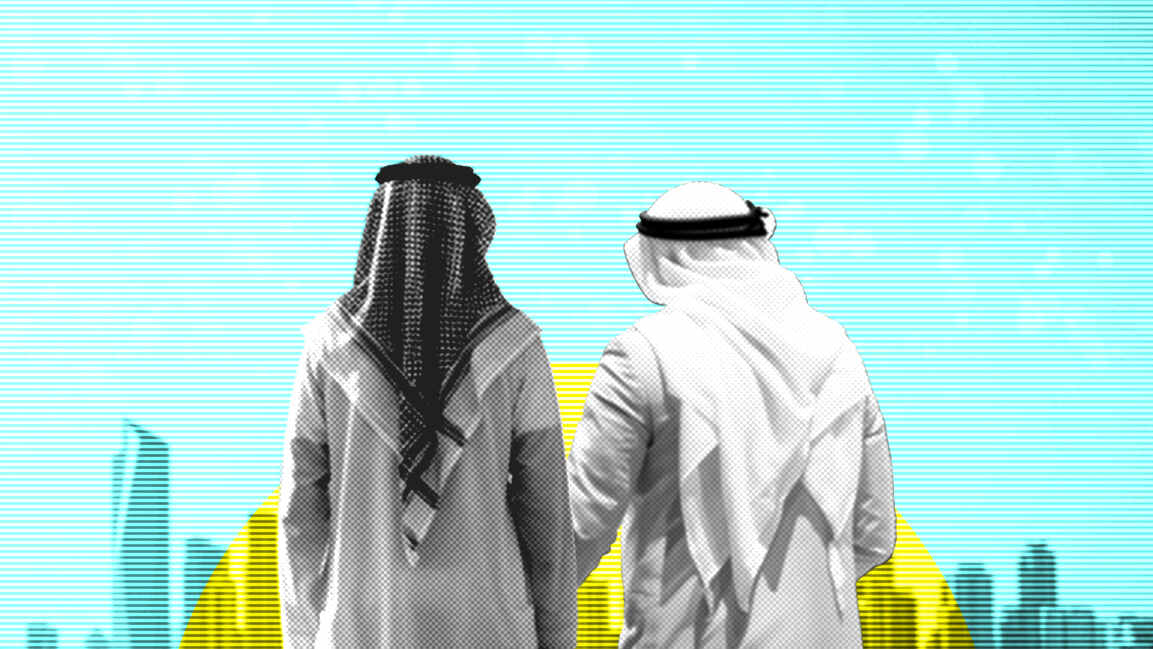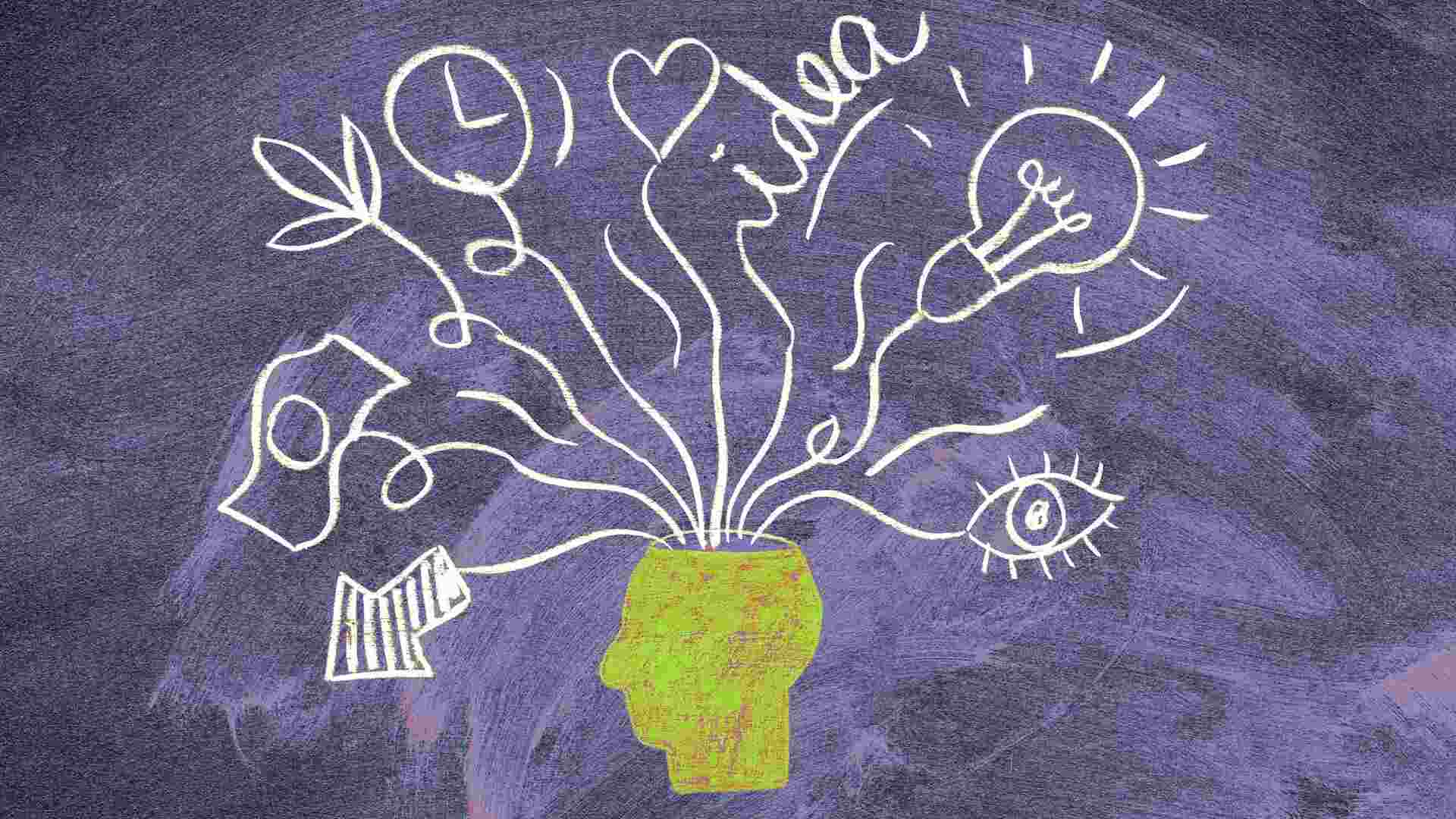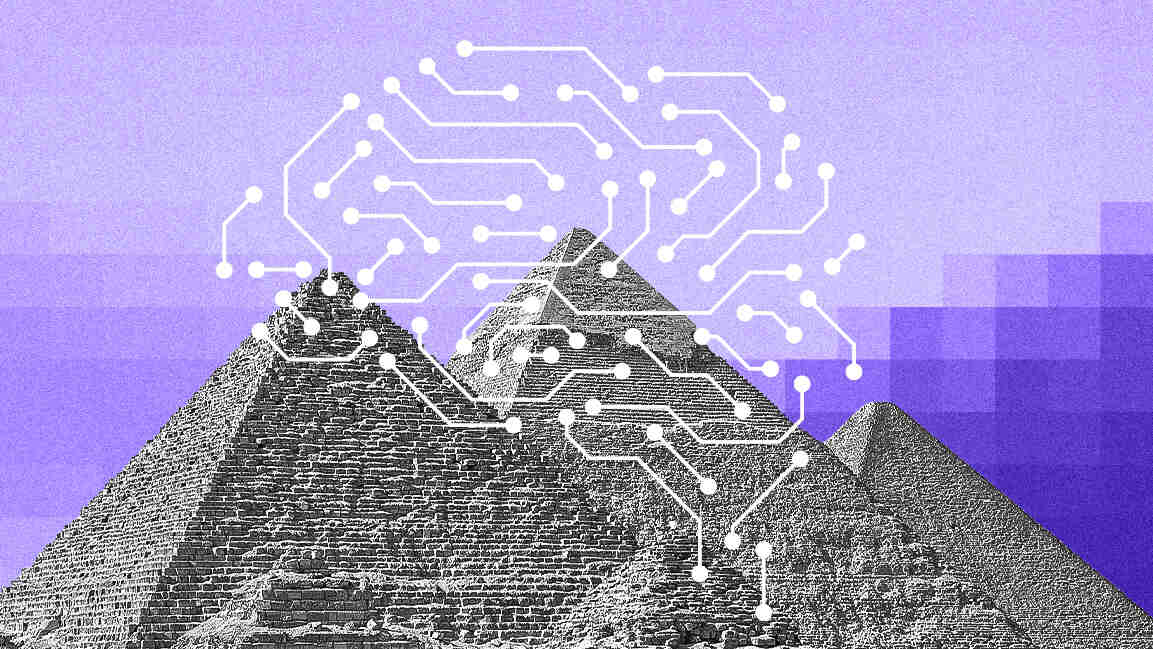- | 12:00 pm
UAE ranks high for senior mental health but youth face rising distress, claims report
The UAE demonstrates exceptional mental wellbeing among adults 55+, with an MHQ of 112.5, while younger generations face rising distress.

As mental health emerges as a growing global concern, exacerbated by digital and societal shifts, a new international study reveals a sharp generational divide in the UAE. While older adults in the country rank among the world’s healthiest for mental wellbeing, younger adults are experiencing rising levels of distress.
The 2024 Mental State of the World Report by Sapien Labs places the UAE among the top 20 countries globally for mental wellbeing in adults aged 55 and above, with a Mind Health Quotient (MHQ) of 112.5. This score positions the UAE in the highest global tier, alongside Finland, Singapore, and Malaysia. It is also the only Arab country to score above 110, leading the MENA region.
“The UAE shows one of the healthiest global mental states for 55+ adults,” said Dr Tara Thiagarajan, Founder and Chief Scientist at Sapien Labs. “While older adults fared well with an MHQ of 112.5 and a distress level of just 9%, the participating younger adults scored an MHQ of 44.4 with a distress level of 36.9%, reflecting a considerable 2.5-fold and 4-fold generational disparity, respectively.”
Younger age groups, particularly those aged 18–34, are facing greater mental health challenges. The report attributes this to factors such as early exposure to smartphones, increased consumption of ultra-processed foods, weaker family connections, and a higher dependence on digital devices. Only 45% of young adults reported feeling close to their families, compared to 74% of older adults.
Dr Thiagarajan added, “The UAE’s vision for both wellbeing and sustainability includes promoting mental health… and helping protect youth from environmental toxins.”
Experts are calling for systemic interventions such as delaying smartphone use among children, strengthening social bonds, and promoting healthier diets to help close the mental health gap and build long-term national resilience.
































